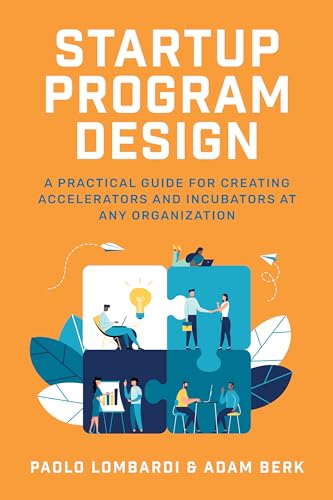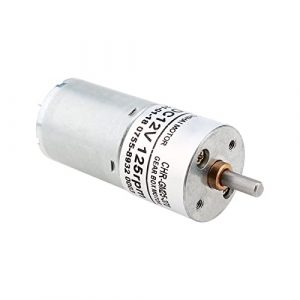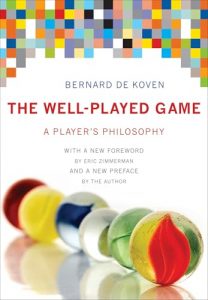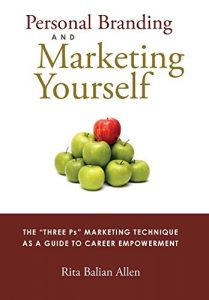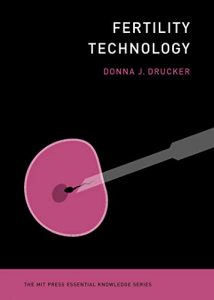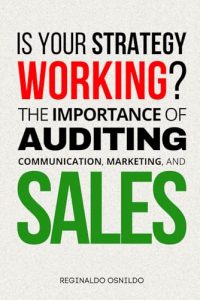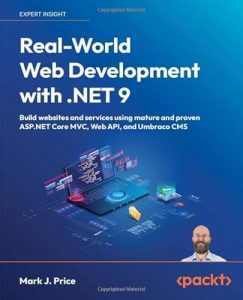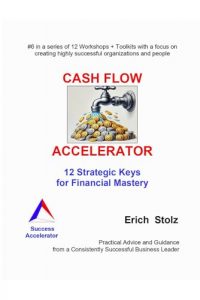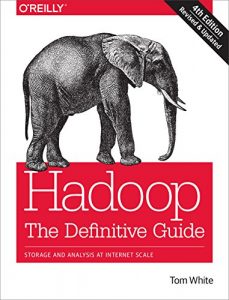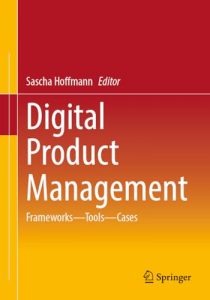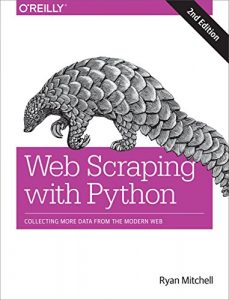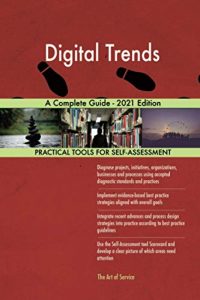Accelerate Your Knowledge: Must-Read Books on Startups and Particle Physics
In the realms of startups, innovation, and scientific discovery, there are books that not only educate but inspire. Below are some must-read books that can guide you through the complex yet fascinating world of accelerators, be it in business or nuclear physics.
1. Startup Program Design: A Practical Guide for Creating Accelerators and Incubators at Any Organization
Written by Paolo Lombardi and Adam Berk, this book is an essential guide for anyone looking to start or improve their own accelerator and incubator programs. With practical insights and strategies, Lombardi and Berk tackle the intricate dynamics of startup ecosystems. The authors share their expertise in designing effective programs tailored for varying organization types. If you’re an entrepreneur or part of a corporate team keen on exploring innovation, this book is a treasure trove of information that can ignite your project’s potential.

2. Accelerators: Machines of Nuclear Physics
Delve into the world of nuclear physics with Robert Wilson’s insightful exploration of accelerators. Though published back in 1960, this classic text laid the groundwork for understanding particle acceleration, a keystone in physics research that has propelled advancements in various scientific fields. Wilson’s work is essential for physicists looking to grasp the operational principles of accelerators, providing foundational knowledge that underpins modern particle physics. It’s a vibrant piece that underscores the important role of accelerators in scientific inquiry.

3. Medical Electron Accelerators
The collaboration of C. J. Karzmark, Craig S. Nunan, and Eiji Tanabe in “Medical Electron Accelerators” marks a crucial reference for those in the field of medical physics. This comprehensive guide provides a detailed overview of the evolution and application of electron accelerators in medicine, particularly in radiation therapy. With an investment in advanced treatment technologies, this book is a must-have for practitioners aiming to stay at the cutting edge of medical technology, offering in-depth technical insights that promote better patient outcomes.

4. Linear Accelerators for Radiation Therapy (ISSN)
David Greene and P.C. Williams present a focused examination on the use of linear accelerators (LINACs) in radiation therapy in this essential read for medical professionals. Published in 2017, this book serves as an esteemed reference that elucidates both the operational aspects and the ever-evolving technological landscape of radiation treatment. If you are involved in healthcare or research related to radiotherapy, immersing yourself in this resource is critical to understanding LINAC capabilities and applications in detailing cancer treatment strategies.

5. Law Firm Growth Accelerator: The Proven Framework for Multiplying Your Impact, Profit, and Freedom
For those in the legal profession, Andrew Stickel and Bill Hauser’s “Law Firm Growth Accelerator” emerges as a guiding beacon. Scheduled to release in June 2024, the book provides a proven framework aimed at transforming law practices through strategic approaches that amplify impact and profitability. Stickel and Hauser’s insights delve into maximizing operational efficiency while ensuring client satisfaction. Legal professionals looking to elevate their practice’s performance must consider this groundbreaking work that promises to reshape their approach to growth.

6. Particle Accelerator Physics (Graduate Texts in Physics)
Helmut Wiedemann’s “Particle Accelerator Physics” stands as a definitive text for advanced physics students focusing on accelerator technology. This graduate-level work meticulously covers theoretical and practical aspects of various accelerator types. It combines robust mathematical frameworks with applicable case studies that demonstrate real-world insights into accelerator dynamics. As new technologies emerge, understanding the underpinnings of particle physics becomes paramount for future physicists. This book is a key resource that integrates theory with essential practices for mastering accelerator science.

7. RF Linear Accelerators
In “RF Linear Accelerators,” Thomas P. Wangler provides an in-depth perspective on the design and functions of RF accelerators. This comprehensive guide details technical specifications and implementation strategies aimed at readers invested in enhancing their knowledge of accelerator technology. The author deftly explains the prominent role RF accelerators play in numerous applications, from fundamental research to medical uses. For engineers and researchers venturing into accelerator technologies, this book is indispensable, bridging the gap between complex design theories and practical application.

8. Beams: The Story of Particle Accelerators and the Science They Discover (Copernicus Books)
In this captivating book, author Volker Ziemann invites readers to explore the intricate science of particle accelerators. “Beams” presents a historical perspective, tracing the evolution and significance of these machines in scientific discovery. The discussion encompasses both the technical functionality and the broader implications of acceleration technology, making it accessible for both experts and newcomers alike. Ziemann’s narrative intertwines storytelling with scientific exploration, making this read not only educational but also engaging for anyone interested in the wonders of physics.

9. Using OpenMP-The Next Step: Affinity, Accelerators, Tasking, and SIMD (Scientific and Engineering Computation)
This book, co-authored by Ruud Van Der Pas, Eric Stotzer, and Christian Terboven, is pivotal for computing professionals looking to leverage OpenMP in advanced computational environments. It covers not just the basics, but dives into practical applications, emphasizing accelerators, tasking strategies, and shared memory architectures. As parallel computing becomes increasingly essential, this comprehensive guide equips readers with the knowledge to maximize performance and optimize code for modern architectures. It’s a valuable asset for programmers aspiring to refine their skills in the high-performance computing landscape.

10. The Retirement Planning Accelerator: The Fast-Track Guide to Financial Independence, Healthcare Planning, Optimized Tax Strategies, and a Secure Future
Jon McKenzie’s “The Retirement Planning Accelerator” is tailored for anyone looking to secure their financial future. Set to publish in December 2024, this comprehensive guide offers actionable insights into advanced retirement planning strategies. McKenzie expertly navigates through complex subjects such as tax optimization and healthcare planning, making it manageable for readers to enhance their retirement readiness. This is an indispensable guide for individuals hoping to achieve not just financial independence but also peace of mind heading into retirement.

These books not only offer specialized knowledge but are also gateways to innovative ideas and practices that can enhance your understanding of their respective fields. Whether you’re looking to start a business or dive deep into the mechanics of particle physics, there’s something for everyone in this selection. Happy reading!

